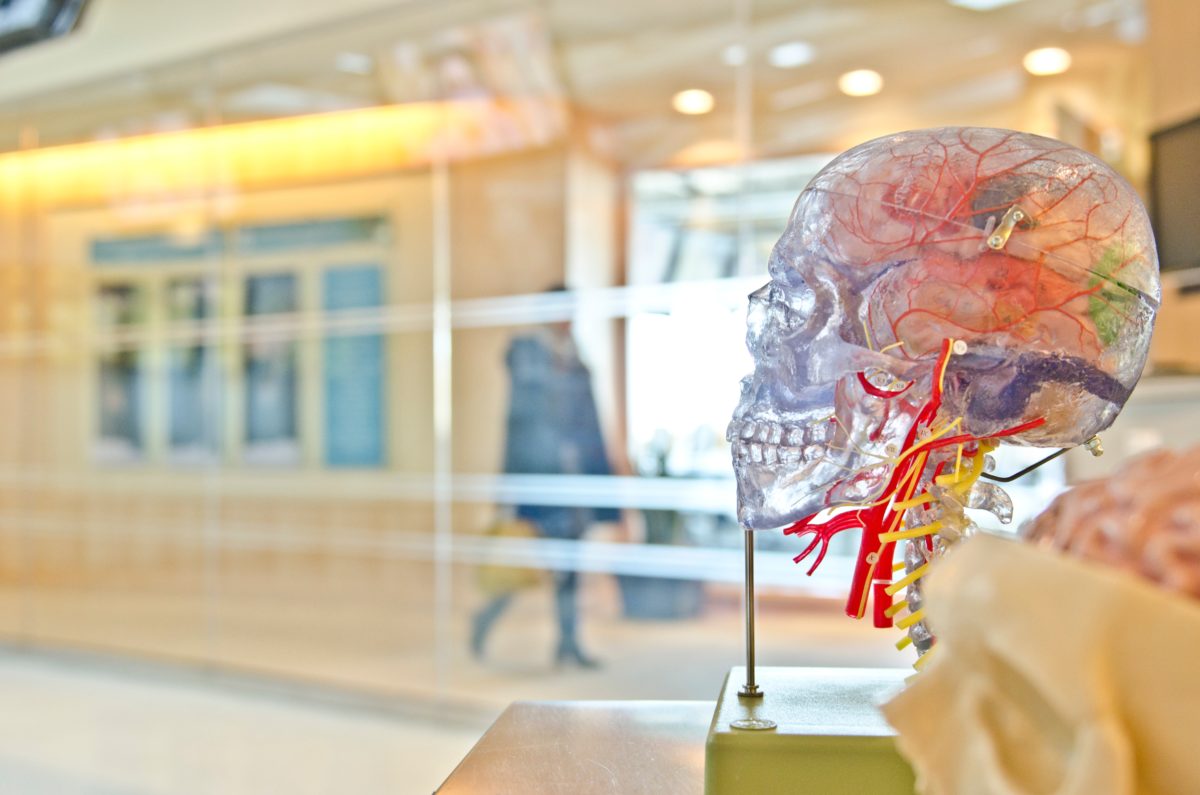Research
The Bradley Center commissions, funds, and disseminates books, monographs, white papers, and technical papers that advance the Center’s main themes and goals. We also highlight and publicize quality research from others. As our efforts get underway, check back as this page is updated with new material.
New Mathematical Analysis paper published
Jonathan Bartlett and a colleague have a new paper in Mathematical Analysis: Extending the Algebraic Manipulability of Differentials.
Bartlett, J. L. and A. Z. Khurshudyan. 2019. Extending the Algebraic Manipulability of Differentials. Dynamics of Continuous, Discrete and Impulsive Systems, Series A: Mathematical Analysis. 26(3):217-230.
Overview of the Impact of AI
“Why You Shouldn’t Worry About A.I. Taking Over the World”
by Robert J. Marks, The Stream.
Overall picture of AI limitations.
“Why Technology Prophet George Gilder Predicts Big Tech’s Disruption”
by Rich Karlgaard, Forbes.
Insightful discussion of AI, business and Gilder’s new book Life After Google.
AI In the News
“Kissinger and Girard on Artificial Intelligence”
by Michael Egnor, Evolution News
Limits of AI: “… printing press didn’t think, just as artificial intelligence doesn’t think. Metal and paper and silicon don’t have ideas. They represent ideas, and their representation can be very powerful and subtle and have consequences far beyond the intentions of the people who express their ideas through them.”
“Don’t Fear the Robots. Fear the Robot Philosophers”
by Jay Richards, The Stream
We are not meat computers.
“The Turing Test Is Dead. Long Live the Lovelace Test”
by Robert J. Marks, Evolution News
The Turing test is inadequate to measure computer intelligence. The Lovelace test is better.
“How Hard Is Chess?”
by David Gelernter, Time
Deep Blue beat world champion Kasperov at Chess, but won’t be celebrating by taking Deep Pink for a wild night on the town. Commentary relevant to today.
“As an Atheist, I Truly Believe Africa Needs God”
by Matthew Parris, The Times
A powerful testimony about the need for appropriate technology in developing countries.
More Technical
The Emperor’s New Mind: Concerning Computers, Minds, and the Laws of Physics
by Roger Penrose (Oxford University Press, 1989)
Penrose’s classic work outlining why humans can do nonalgorithmic things computers can’t.
Shadows of the Mind: A Search for the Missing Science of Consciousness
by Roger Penrose (Oxford University Press, 1994)
A follow-up to the prior book.
Computational Intelligence: Imitating Life
Edited by Jacek Zurada, R.J. Marks II and C.J. Robinson (IEEE Press, 1994)
Informative papers still relevant today. Published during the second wave of interest in AI and the first book to use “computational intelligence” in the title.
Neural Smithing: Supervised Learning in Feedforward Artificial Neural Networks
by Russell D. Reed and R.J. Marks II (MIT Press, 1999)
Nitty gritty technical details about training artificial neural networks.
“Creativity, the Turing Test, and the (better) Lovelace Test”
by Selmer Bringsjord, Paul Bello, and David Ferrucci, Minds and Machines 11: 3-27, 2001.
The first suggestion of the Lovelace test replacing the Turing test.
“Observation of Unbounded Novelty in Evolutionary Algorithms is Unknowable”
by Eric Holloway and Robert Marks, Artificial Intelligence and Soft Computing, 395-404, Springer, 2018
A recent highly technical work in the area of algorithmic information theory that demonstrates some of the limitations of what computers can achieve.
Randomness conservation inequalities; information and independence in mathematical theories
by Leonid A.Levin, Information and Control Volume 61, Issue 1, April 1984, Pages 15-37
The article further develops Kolmogorov’s algorithmic complexity theory.

